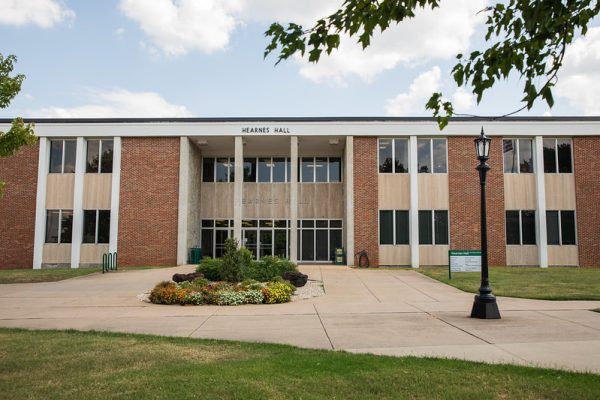Iowa caucus debacle forces candidates to re-adjust
On Feb. 3, the Iowa caucus results were unable to be counted correctly with multiple malfunctions with new technology being used–the Democratic National Convention’s new app for voting. The New York Times called it a “system wide disaster,” with many voters unable to even download the app or log in.
Democratic Party leaders held off releasing any of the information on the official vote until the following day, Tuesday. With only 62 percent of the vote, results showed Bernie Sanders with a short lead in the popular vote and Pete Buttigieg with a small lead among delegates.
Issues with the app have not affected the next two states’ plans, as according to The New York Times, “officials in South Carolina and New Hampshire have expressed confidence in their primary systems, while Nevada will not be employing the same app or vendor used in the Iowa caucus.”
Iowa has gone first in the primaries every election cycle since the mid-70s, and some are starting to question this tradition. No process is perfect, however, changing the process has its flaws as well.
“A shortened process would benefit those with higher name recognition while a longer process benefits those with higher resources,” said William Delehanty, political science professor at Missouri Southern.
Without an exact date to expect the results, the candidates have moved on from Iowa and have thrust their campaigns forward.
In the next primary state, New Hampshire, an Emerson College tracking poll of the democratic primary conducted Feb. second through the fourth found Sanders holding steady at 32 percent, while Buttigieg saw a jump of five points moving him into second place with 17 percent.
With the results we have so far, Buttigieg is taking that momentum to New Hampshire with a jump into second in many of the most recent polls.
However, with Hillary Clinton upsetting Barrack Obama in 2008, and Sanders defeating Clinton in 2016, results of the New Hampshire primary haven’t consistently identified the individual who eventually earns the party’s nomination.
Since Iowa and New Hampshire are the first primaries of each presidential election cycle, the candidates focus their message to the needs of these particular voters. No candidate has won the first two primaries and has gone on to lose the nomination of the Democratic party.
However, in 1992, Bill Clinton lost the first two primaries and found his footing later on down the line to secure the nomination.
It is unpredictable how candidates will fair after the Iowa caucuses.
After the early voting states wrap up their primary elections, voters may have a clearer idea of which of the top candidates will likely secure the nomination.
Your donation will support the student journalists of Missouri Southern State University. Your contribution will allow us to purchase equipment and cover our annual website hosting costs.





























